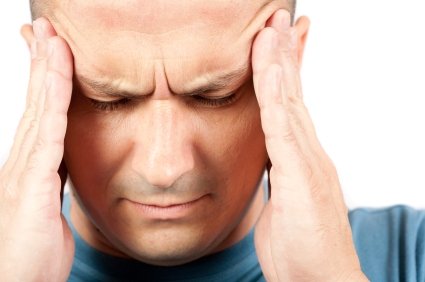Depression shows no prejudice – it affects all social classes and races. Knowing this, it is surprising that the media and medical professionals stereotype this mental illness as a female. A recent study confirms that as many as one-in-ten new fathers demonstrate signs of postpartum depression. Originally doctors stipulated that the postpartum depression condition was linked to hormonal changes during pregnancy; however, this new study indicates that men also experience postpartum depression, likely linked to negative environment changes, such as lack of sleep, changes in personal routine, and subsequent relationship issues. The lead researcher of the study stresses the need to treat depressed parents as soon as possible. If depressed parents are left untreated, there is the long-term risk of behavioral and psychiatric problems in said child. The child’s issues can later become a societal problem, as they may “act” out in the future.
While new father depression is just as much an issue as new mother depression, many men are less willing to seek help. Postpartum depression has always been characterized as a female issue, so men are less willing to admit that they are experiencing issues. The stigma against male postpartum depression must be eliminated! For more information about male postpartum depression, visit the following website: www.postpartummen.com
With this new awareness about postpartum depression in men, below find this detailed list on postpartum depression symptoms and treatments.
Postpartum Depression Symptoms:
- Males tend to become more aggressive; women tend to be sad
- Lack of interest in your baby or negative feelings towards your baby
- Worrying about hurting your baby
- Lack of concern for yourself
- Loss of pleasure
- Lack of energy and motivation
- Feeling of worthlessness and guilt
- Changes in appetite or weight
- Sleeping more or less than usual
- Recurrent thoughts of death or suicide
Postpartum Depression Treatment:
- So you are experiencing postpartum depression – now what? Whether male or female, there are some universally accepted self-treatment and medical treatment for postpartum depression.
Self Treatment:
- Make sleep a priority. While attaining eight hours of sleep may seem impossible, you need to make sleep a priority. Enlist the help of family members while you take a nap.
- Make your relationships priorities. When depressed, it is of the utmost importance to stay connected with friends and family, and lean on them for supporting. This means forming a united front with your significant other.
- Make meals a priority. When you are depressed, nutrition often falls to the wayside. Good nutrition means will ensure you have more energy and better concentration to deal with your baby.
- Ease back into exercise . Studies have shown that exercise is just as effective as antidepressants for treating depression, so it is important to get back on an exercise plan ASAP.
Medical Treatment
- If you have sunk into a deep depression, it is important to recognize this fact and seek medical attention as soon as possible. Many counselors specialize in postpartum depression treatment. Counseling , and antidepressants if necessary, have been proven to provide effective results towards combating postpartum depression.

